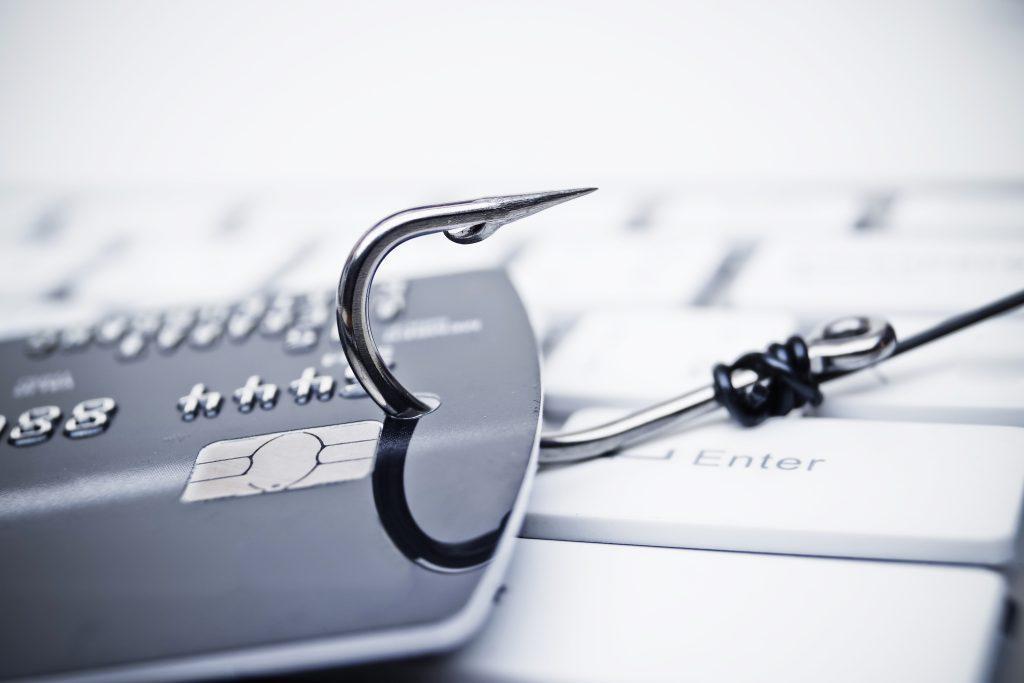We wanted to give you a heads-up on some of the more prevalent scams in recent news so you know what to look out for – some of these can be quite tricky.
1. Fake Money Making Opportunities
These can come in the form of gift card compensation, secret shopping, and other fake offers that are often solicited through email or social media. This scam thrives off of the promise of payment in exchange for the victim’s services as a “secret shopper”. After agreeing to participate, the scammer sends a counterfeit check to the victim and asks them to deposit the check and use the money to purchase gift cards – then saying the victim can keep a portion of the money as compensation. They then ask the victim to send pictures of the gift cards – front and back – allowing the scammer to use the gift cards.
This all happens before the victim is even notified that the check is not legitimate. The victim then becomes responsible for those bounced funds and any fees because there’s no chance they’ll be able to get in touch with the scammer once they got what they needed – they’re in the wind.
2. Recurring Billing
Unfortunately, many people fall for the “get rich” or even “get thin” schemes where they’re promised easy ways to make lots of money or lose weight. This involves signing up for the scheme with recurring billing, which turns out will be very difficult to stop or may end up in your payment information being used for fraudulent purposes. Many of these come through spam e-mails. Be sure to look at the email carefully for any misspellings, incorrect contact information, or even inconsistent formatting.
If you’re still unsure of the legitimacy of the email you’ve received, do an online search to see what information you can find. Chances are there are others out there who may have fallen for the scam and shared their experience. However, be sure not to click on any link located within the email when doing your research.
3. Fake Money Orders
This type of scam is often seen with online purchases (like Craigslist) and many times the counterfeit money order is not easily detected. One way to tell if a money order you received is legitimate is to call the U.S. Postal Service, which has a verification line (1-866-459-7822). They’ll be able to verify if your money order is authentic or not and can help you learn how to recognize a fake one.
4. Charity Scams
These are especially prevalent in times of crisis or loss, like with the current flooding and damage from Hurricane Lane here on the Big Island. Many times you’ll see fraudsters soliciting donations via email or social media funding sites using a sad story to lure in donations. Some of these are even fake websites designed to hack into your device once you click on the link to donate. Remember not to click on any links in emails that you did not ask someone to send to you.
If the solicitation is coming on behalf of an organization, or so it claims, contact the organization directly instead of via email or social media. Do not open email attachments and remember that you should not feel pressured into making contributions. Also, do not donate via money transfer services, which is not how a charity would ever request donations.
Source:
7 Summer Fraud Scams to Avoid All Year Long – CUInsight
Beware of Bogus Charity Scams During Hurricane Season
Related Links:
Identity Theft: Prevention Tips
Keep Your Personal Data Private with These Tips
A Rise in Phone Scams

